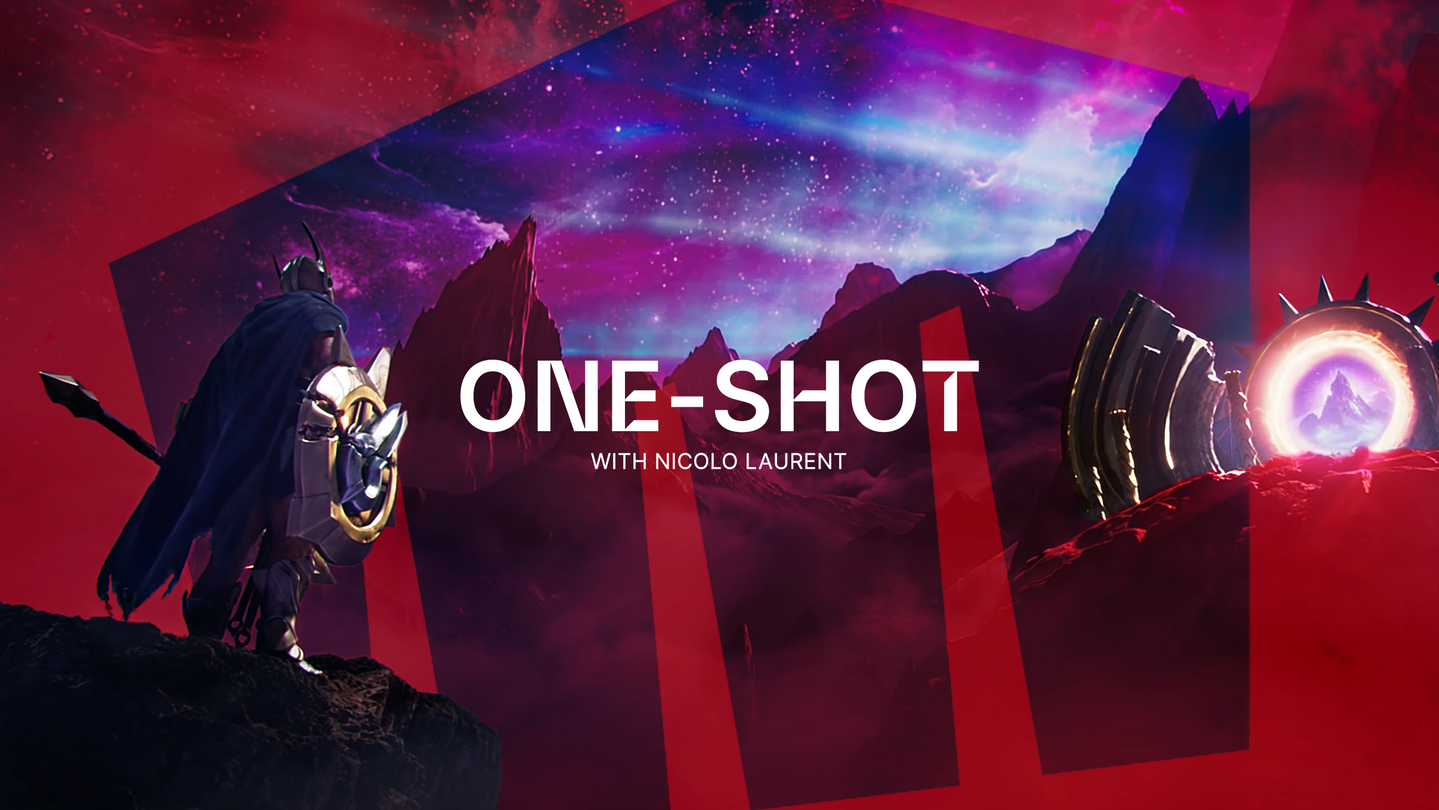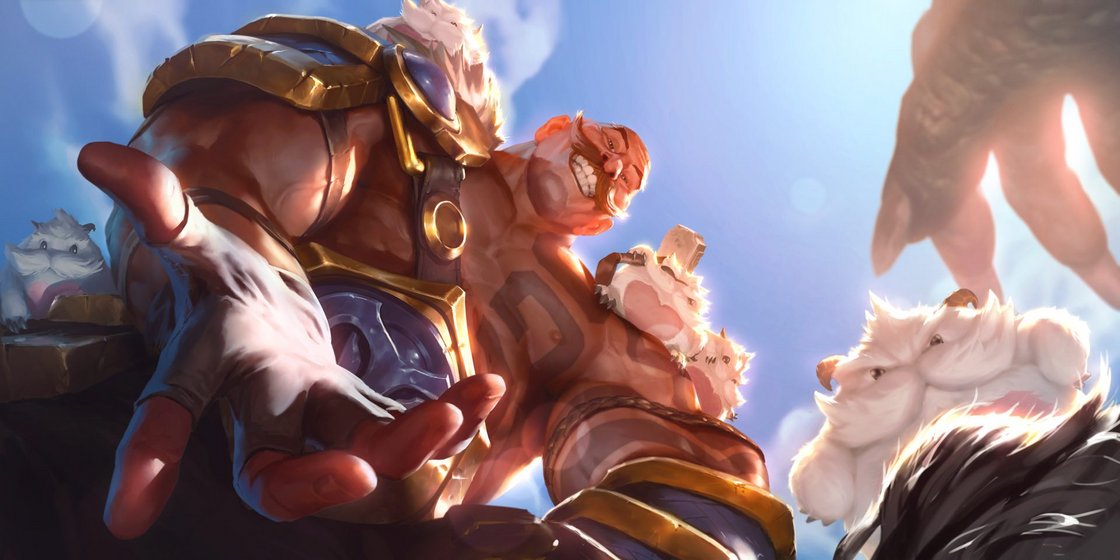If you take away the art, game design, audio, engineering, and everything else that makes a game a game, being a player comes down to a series of choices, big and small. At Riot, we talk a lot about these choices: the micro ones (moment-to-moment clicks, CSing in League, holding an angle in VALORANT, that kind of thing) and the macro ones (drake or baron, comp for TFT, deckbuilding in LoR, etc). We can’t always compare real life to a game, but sometimes at Riot when we think about strategy, it’s helpful to use metaphors to break down big, seemingly impossible decisions into manageable, familiar ones.
One choice familiar to players is when to call it a night. Get the win, end on a high note, send GGs, and log-off? Or run it back and risk ending the night on a loss? Writing this tonight, I’ve been CEO for a little over four years. Those years have had some magnificent wins, a handful of draws, and some painful losses. Through it all, the resilience of Rioters and their dedication to players has been the thing that has kept all of us going, kept us pushing for that next win. So, heading into 2022, I wanted to give my take on our company’s K/D/A and where we go from here.
2021 was an incredible year for games overall and especially for Riot: more than 180 million monthly players around the world enjoyed Riot’s games; hundreds of millions of players and newcomers alike joined us for the first season of Arcane; we held our most-watched Worlds ever; ran our first global championships for VALORANT, Wild Rift, and Legends of Runeterra; helped players raise nearly $12 million for charity; and so so much more. It’s also still worth noting that Rioters did it all during a pandemic, which added a layer of difficulty to even the smallest accomplishments.
It would be tempting to rest on this win and just coast from here. Play it safe. Rinse and repeat. The kind of company investors love and players hate.
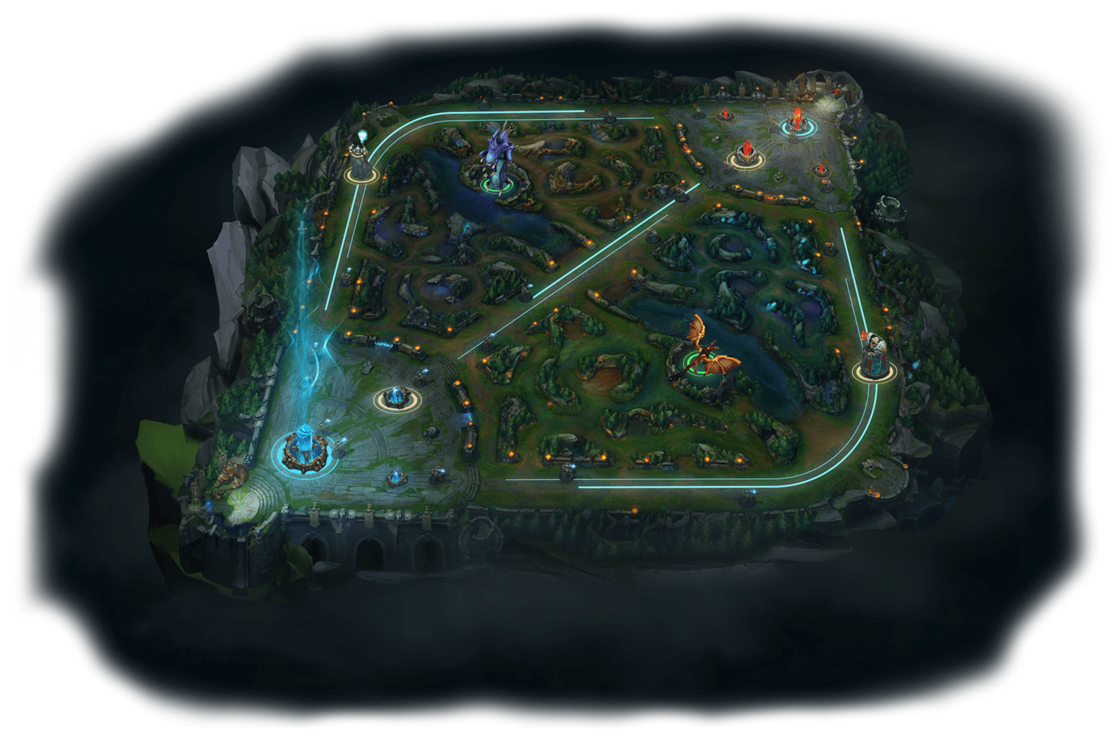
But when we debate whether to play it safe or try for more, we know it’s not really a question at all. Our mission is to be the most player-focused game company in the world. And that mission is an aspiration; a thing we know isn’t true yet but could be one day.
So for this macro choice we asked ourselves, what do players want that we haven’t delivered yet? What do our games need in order to be the best possible representations of their genres? What can we do to make esports bigger, better? Beyond music and TV shows, what expressions of our universes can we build? As we started to answer these questions—and a lot of other questions we asked ourselves—we started making some very long lists and recognized that we aren’t even scratching the surface of what this company can do for players.
So what do we do next? How do we continue exceeding player expectations? How do we structure the company to do it? And how do we keep Rioters committed to the journey?
The Climb
We often compare the ranked season in our games to a climb. You start at the bottom. In our games the bottom rank is iron (I know it well). But with work you slowly go through the ranks, hoping to maybe one day be the best of the best. Whether we call it Challenger or Radiant or Master, the top is an aspiration to reach for and dream about. One of my favorite cinematics is themed around the climb (the latest, which focuses on the emotions surrounding setbacks, is also fantastic if you haven’t seen it yet). So is my favorite Worlds anthem.
Internally at Riot, we also use the metaphor of climbing a mountain to talk about our long-term strategic plans. I won’t bore you here with the details, but the short version is that if ‘most player-focused game company in the world’ is the top of a mountain, we’re going to need a few stops along the way to get there.
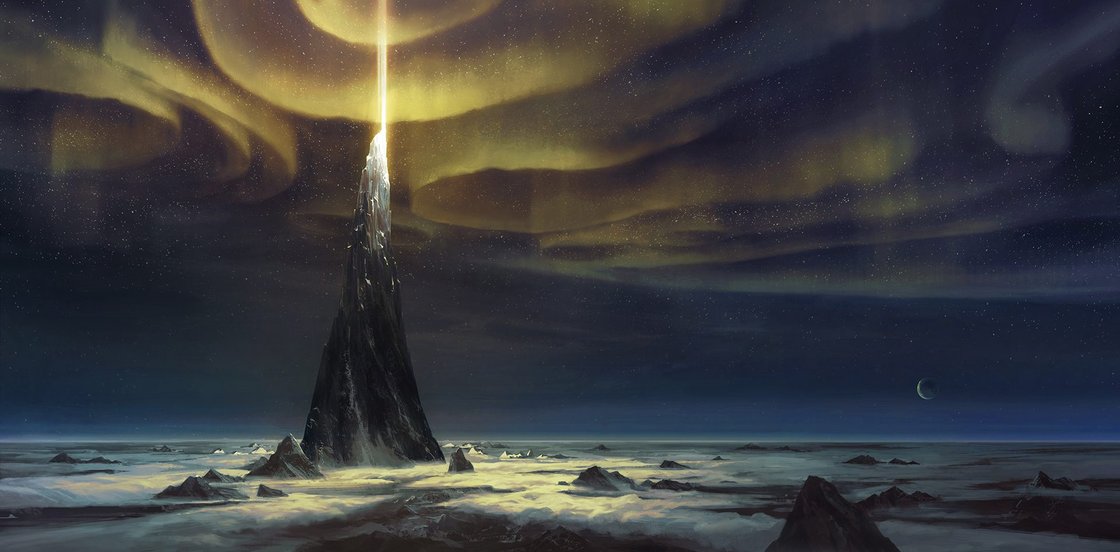
Think of launching League as the start of the climb. Then, over the years, we worked our way slowly up that mountain by launching esports, making great music, etc. Shortly after I became CEO in 2017, we set out a vision for the future. Our primary focus was launching new games (finally earning that ‘s’ in Riot Games), making esports sustainable, and planting the seed of our cinematic universe, but it also included critical work in diversity and inclusion, people and finance processes, culture, and more.
Today, we feel pretty good about our progress on the climb. We have five games live; esports are in their best spot yet; Arcane is on screens worldwide; we’ve surged past 3,000 Rioters with new publishing offices and development studios launching; we’ve learned how to come together around moments like RiotX Arcane; we’ve matured culture, processes, planning, diversity and inclusion, and so many more functions in ways that are resonating with Rioters on internal and external surveys; plus so much more I could list here.
Calling the Next Shot
So, if we’re not stopping here, what’s next?
We’ll always make games. But we also increasingly think that’s an outdated way to categorize us. We don’t want to be defined by the things we make, we want to be defined by the people we make them for. Put differently, we prefer to think of ourselves not as a games company but as a gamer’s company.
The most important part of a business for players will always be games, but we know everything that complements those games is vital to a complete experience. Whether it's the esports that help players aspire for glory, or TV shows and music that help them share the worlds they love with people who don’t love games quite as much as they do, or something we haven’t even thought of yet, serving a player means more than just patching the game they love.
For anyone reading this worried we might water down the secret sauce and spread our focus wide, I want to reassure you that’s not the case. In fact, it’s quite the opposite: we’re focusing on depth and not breadth. Looking at the next few years, sure, we'll launch other games, there will be Arcane Season 2 (+?), and a bunch of surprises. But our focus audience will still be the same narrow one it was back when Brandon and Marc were dreaming up this company in their back-to-back gaming chairs: dedicated players who had been let down by devs leaving them behind to chase the next big thing. We’d sooner shut down the company than ever become that.
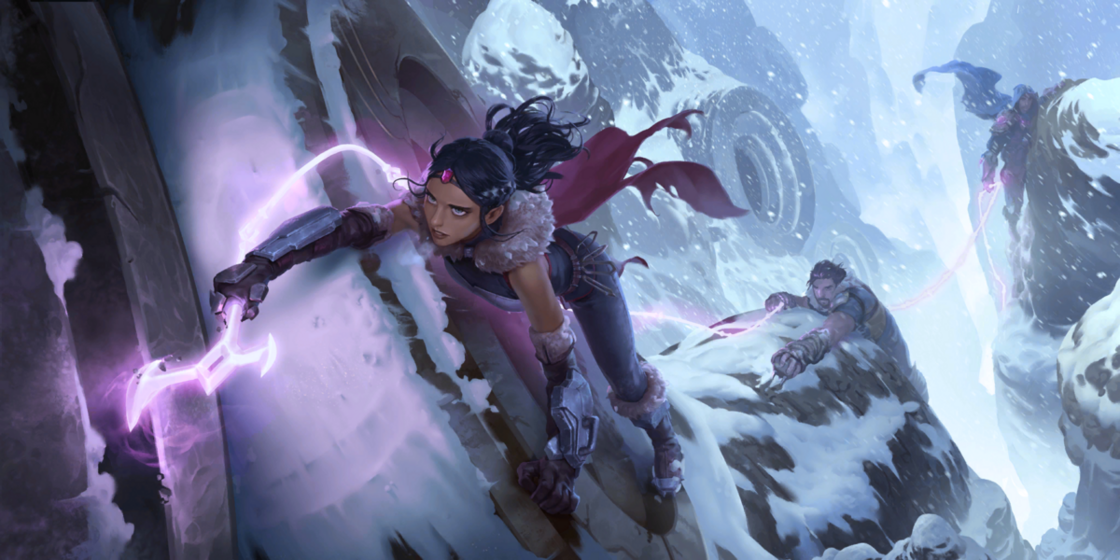
Over the last few months, we met with Rioters to talk about the next stop on our climb. If we believe in a world where the biggest cinematic universes are rooted in games, the most popular music starts with games (K/DA anyone?), the most thriving sports are esports, and players are the driving force behind the biggest cultural moments, then what should we do over the next five years to get closer to that world?
Nobody likes spoilers so I’m skipping specifics today, but at a high level we’ve set five goals for the next five years:
- Win Our Genres: Our games will work together to continue listening to players, solve player pain, surprise and delight players, and take their genres to the next level.
- Unleash Fandom: We’ll create groundbreaking gameplay, game events, and features to redefine fandom across esports, TV, movies, music, live experiences, merch, and more.
- Cultivate Creativity & Innovation: We’ll make it easy, safe, and rewarding for Rioters to take bold, innovative, and creative risks that deepen our connection to players.
- Build Games Globally: Riot will leverage studios outside Riot HQ in LAX to seek out diverse talent in the best locations around the world.
- Reinvent the Watch Experience: Riot Esports will continue to lead the industry in reinventing what sports broadcasts can be and in creating new ways for viewers to actively participate in the fan experience.
You’ll see much more from us on those goals in the coming years, but I want to focus today less on what we’re doing next and more on how we’re setting up Riot and aligning Rioters to help us get there.
That specifically means how we’re 1) reworking how we work, 2) continuing to evolve our culture to focus on our goals, 3) acknowledging our past and beginning a new chapter, 4) rewarding Rioters so they share in Riot’s success, and 5) ensuring everyone at Riot feels good about where we’re going and is committed to helping get there.
1) Reworking How We Work (Operating Model and Hybrid Work Model)
It’s been a while since Riot was actually a small indie company, but the truth is there are parts of being a small company that I miss. It just might be nostalgia, but I remember spending less time in meetings and more time getting things done.
In 2020 we launched a project to rethink how the company is structured and how we work, and this month we’re putting that work into action.
We had three objectives:
- Simplify How We Work: Our rapid growth led to increased complexity in how we accomplish work (e.g., unclear ownership, too many stakeholders).
- Foster Collaboration: We love delivering cross-product moments (RiotX Arcane, K/DA, Spirit Blossom), but we didn’t have the best processes and structure to naturally support them.
- Lead with Product Vision: We were spending too much time focused on things other than making mind-blowing things for players.
In the early years of Riot, we were organized by department (art, design, production, etc.). It made sense since we had only one core product and the best way to improve that product was to focus on Rioters improving their craft skills with the help of their departments. Over the last several years, we gradually transitioned to being organized by products (League, Esports, LoR, Arcane, etc.) and recently, as we are preparing to launch this five year plan, we are fully transitioning toward a product organization. Where a few years ago no one could have accurately drawn a Riot organization chart, we’ve now simplified it into five operating groups (we call them pillars).
Three pillars will be product-focused: Games, Esports, and Entertainment. Each is focused on delivering products that are in service to players. The other pillars are Publishing and Enterprise. Publishing delivers a consistent player arc across products and supports product pillars on a global scale. The Enterprise pillar supports Riot as a whole, and makes it as easy as possible to deliver for players. The product and publishing pillars each have their own presidents and leadership teams, while the Enterprise pillar is led by the President of Riot.
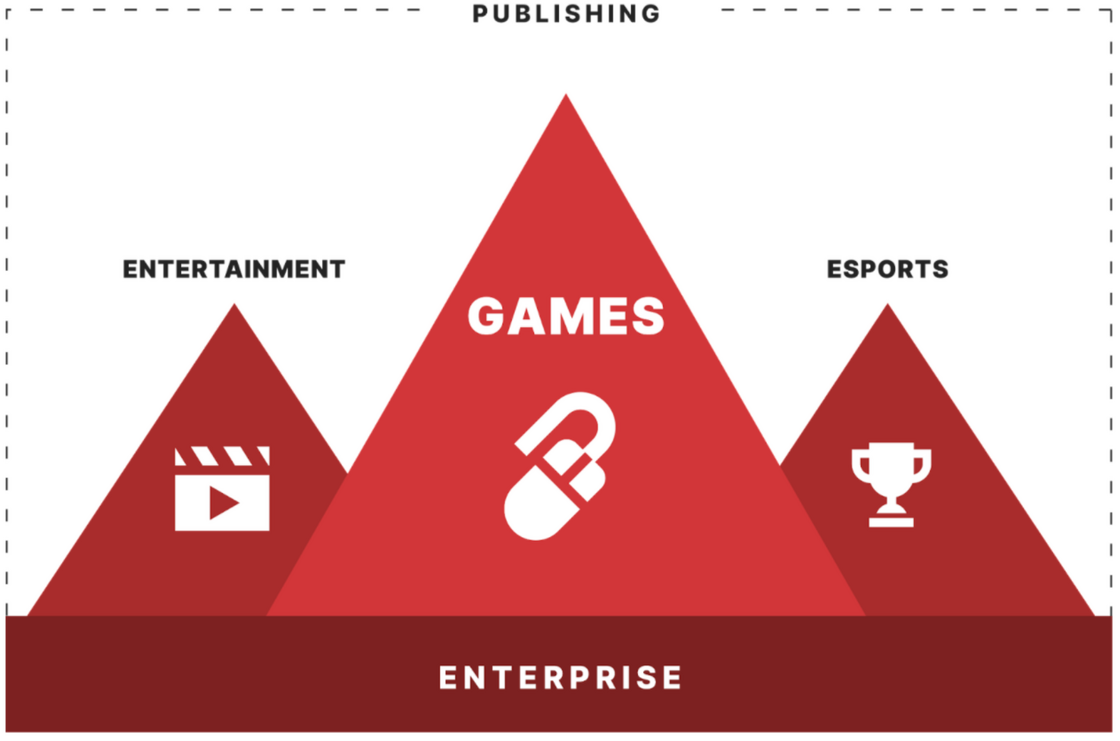
This structure also complements our approach to remote work. As I wrote in December 2020, the pandemic has taught us that while we can work together virtually and still hit many of our goals, elements of what makes us Riot can’t be replicated through a screen. As a creative, collaborative, and relationship-based company, working together in person, as a team, is what makes the magic happen.
We’re committed to a balance of virtual and in-person work as a way to maintain our culture and community while producing the best possible work. When we’re finally able to reopen our offices, every Rioter will have three "core" days in the office with the other two days as "flex" days where they can come into the office or work from home, at their discretion.
We’ll continue opening new publishing offices and development studios so would-be Rioters around the world in game talent hubs should keep their eyes out for a Riot office near them. In 2021 we announced development studios in Seattle and Shanghai and we’re eyeing a few others to announce for 2022.
2) Drafting the Right Team (AKA Culture)
There are some games that you win or lose in the draft. If you don’t go in with the right teammates in the right roles, you might be doomed from the start.
As we started preparing for the next phase of our climb, we thought about the skills we needed in which lane, and we realized that rather than focusing on specific people, building the right team really comes down to commitment to culture and mission.
Through everything Riot has done, our guiding light has always been our mission: commitment to do the right thing for the players.
As the world and society have grown more and more divisive, and companies everywhere have struggled to maintain their identity and foster healthy collaboration, we think it’s more important than ever to refocus Rioters on our mission and our company’s reason for being. We’re asking Rioters to commit to a Riot where everyone feels supported. Where ideas get productive feedback, where Rioters ask tough questions in ways that foster healthy dialogue, where we’re all learning and growing from diverse perspectives, and where we’re unapologetically and relentlessly focused on players.
Our D&I team is also refining strategies to double-down on their most impactful work. The team (which now includes nine Rioters dedicated to D&I) has added a stronger diversity lens to our performance, compensation, internal surveys, and promotion processes; increased representation in our workforce and products; and accelerated progress in making Riot a great place to work for everyone. But their work isn’t done. Going forward, they’ll expand their efforts globally, increase their focus on inclusion, and continue working to reach diverse talent and players through our products.
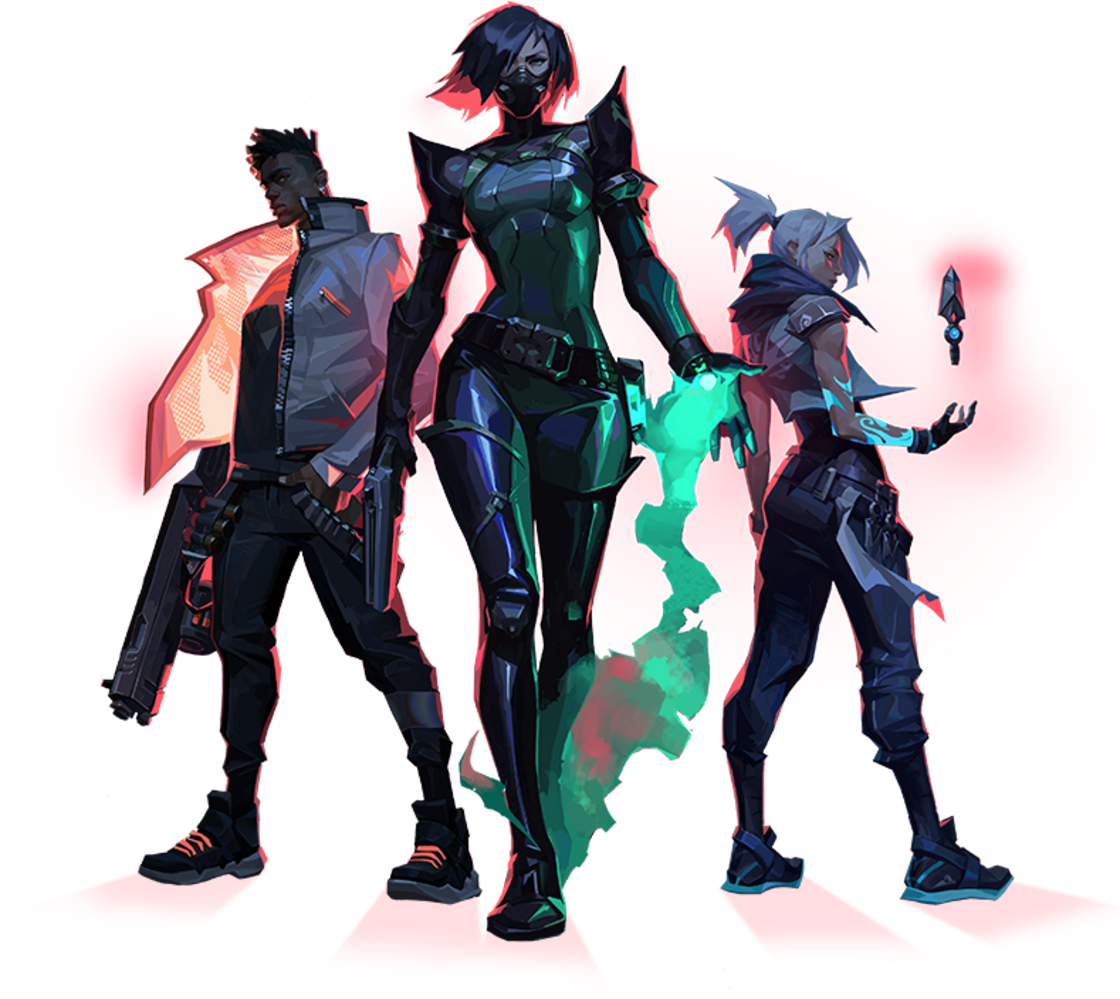
Finally, we’re refining how we engage in external issues. You’ll see us focusing on actions over words. That means commitments like our Underrepresented Founders Fund and taking action through the Riot Games Social Impact Fund instead of white-text-on-black-background statements on Twitter.
3) Beginning a New Chapter
Over our end-of-year break, we announced that we’ve reached a proposed agreement to resolve the class action litigation and California regulatory actions that we’ve been involved in since 2018. You can read our official announcement about it here along with the letter we shared with Rioters.
As we shared with Rioters, three years ago, Riot was at the heart of what became a reckoning in our industry. We’ve come a very long way since then—in our workplace, our processes, and our leadership—and we’ll continue that work every day.
While we’re proud of how far we’ve come since 2018, it’s important that we also take responsibility for our past. Given the ambitious goals we have for the future and the tens of millions of dollars we’d spend each year on lawyers to help resolve these cases—money we’d rather pay to the women in the class and to invest in Riot’s future—it became clear during these past several months that the best outcome for everyone would be to come to a final resolution.
To be clear, we aren’t asking anyone to forget about this chapter and move on. On the contrary, the lessons we’ve learned together over the last few years will be a crucial part of the Riot Games origin story. Something we’ll continue to teach as part of our ‘denewb’ orientation and lessons that we’ll use to always orient ourselves toward what is right for Rioters to make Riot the best possible place to work.
4) Winning Together (AKA Compensation)
We want to ensure that as we continue to bring magic to players around the world, it continues to feel rewarding to be a Rioter. We want Rioters to love their jobs, but we aren’t naive about the fact that jobs are ultimately as much about how much you’re paid as they are about what you’re getting paid to do.
We strive to be one of the best-paying jobs in games. That means not only paying better than most game studios, but in line with (and often ahead of) peers in tech, media, sports, entertainment, and other adjacent industries.
But a good paycheck and a good bonus only goes so far if you feel like the company’s success is outpacing your own.
Late last year we changed our approach to compensation in an effort to make sure no Rioter is left behind if Riot continues to flourish.
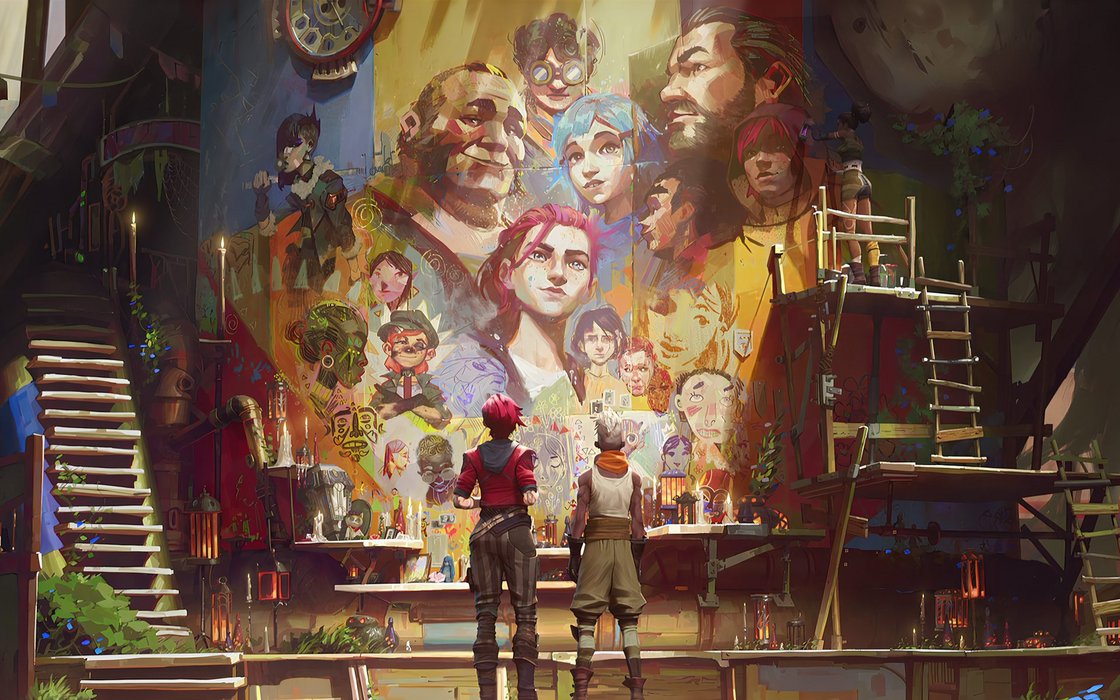
In December we altered our long term incentive model so that long-term vesting compensation pays out partially each year with a lump sum at the end of the last year. We have also decided to shift our compensation models to focus more on long-term enterprise value, rather than shorter-term goals like profitability.
Last but not least, our shareholder (Tencent) agrees with our long term strategy and is giving back partial ownership of the company to Riot employees. Going forward Rioters will have the opportunity to own a portion of the company, along with Tencent, and thus directly participate in the risks and rewards of ownership.
We’re shooting for the top of a tall mountain and while nothing is guaranteed, we want to make sure everyone who joins us on the climb can share in that potential success if we achieve what we’re hoping for.
5) Expanding Queue Dodge
For a lot of people, joining Riot is a dream job, but sometimes, for whatever reason, that dream doesn’t work out as planned. For a number of years, we’ve had a program in place called Queue Dodge. It’s a program that lets anyone opt out of Riot within their first six months and get paid part of their salary to help transition to whatever is next. No hard feelings.
As we prepare for the next phase of growth, we’re opening Queue Dodge for a limited window for any Rioter, however long they’re been with us.
With our new strategic plan, evolutions to our culture, new compensation and operating models, and new teams in place, we’re confident that we’re putting Riot in the best position to hit our ambitious goals. But some Rioters might not share that same confidence. They might not be excited about our strategy, or might not be feeling great about our new operating model. They might not like the changes we’re making to our culture or our plans to return to the office on a flex schedule. Or maybe they’re looking at this transition point as an opportunity to explore something different outside of Riot.
For anyone who isn’t on board with everything above and isn’t committed to the things we want to make for players, there will be no hard feelings. We want every Rioter to feel energized, supported and excited for the next phase of our climb.
This new Queue Dodge will give Rioters who want to exit an opportunity to do so comfortably, no questions asked. Rioters who choose to Queue Dodge will receive 25% of their base salary with 3 months of COBRA benefits where applicable. Rioters who take Queue Dodge will also receive their full bonuses, even if they leave before they’re paid out (late March in most offices).
No one should feel any pressure to stay or leave Riot. Whatever they decide is the right decision for them. If they’re excited about what’s next and want to stay at Riot, that’s great. If they’re hesitating and this package makes it easier for them to leave, that’s cool too.
2022 and Beyond
When I first joined Riot, I never would have imagined that ANY of the things we achieved last year would have been possible. But looking forward, I hope all of Riot can join me in believing the possibilities of the future are endless.
Before I sign off, I want to thank every Rioter who got us this far. I want to thank the partners, sponsors, and vendors who supported us. But more than anything else, I want to thank every player who inspires us to dream bigger and push harder to reach the top of the mountain and become the most player-focused game company in the world.
- nicolo
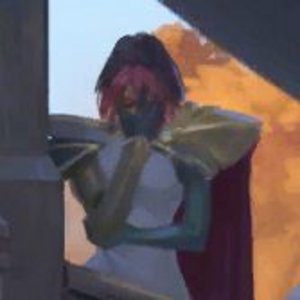

Nicolo "nicolo" Laurent
Nicolo "nicolo" Laurent is CEO of Riot Games. Fallen-from-Gold Sona and Pyke main, Brolaf fan, and unapologetically French. As CEO, Nicolo oversees strategy and execution to ensure Riot delivers the highest quality experiences to players...Or at least that’s what he tells himself while he’s playing games “for research.”
